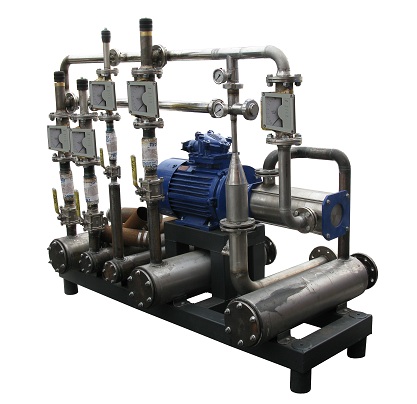In the beginning of the new millennium, after the virtual “rise of the machines”, increased attention is paid to conservation of resources. Many developed nations, such as the US, Germany and Japan, who depend on fuel imports, have launched a serious effort of resource diversity development. The main ideas of how to make machines run without the regular fuel were the use of electricity, propane, fuel cells, biodiesel fuel, ethanol or methanol. Each has advantages and drawbacks. The main advantage of alcohol, such as methanol, in combination with gasoline is that alcohol is a renewable resource and the supply is virtually unlimited.
Methanol is also referred to as wood spirit. The performance of methanol mixes makes them a choice for both internal combustion engines and special fuel cells for generation of electricity. In 2013, one of the leading fuel cell manufacturers, Ballard Power Systems, announced the launch of reserve electric power supply systems. The product is used in communications and the performance increase reliability and service life, while keeping maintenance and repairs simple. Methanol is also used for production of gasoline for sports cars. An engine running on methanol works longer than one running on regular gasoline, and its power increase by as much as 20% with the same cylinder volume.
A particular characteristic of using methanol with gasoline is the small difference of heat generation during combustion of both components. Methanol’s higher vaporization heat improves volumetric efficiency, reducing heat stress. Therefore, an alcohol-air mix burns better. Hence the 10-15% power increase with less fuel consumption.
Methanol is also the most suitable fuel for large scale industrial production. It is worth noting that the market for methanol, which is produced from a wide range of feedstocks, is quite extensive. The world leaders in these technologies are BioMCN (The Netherlands), Blue Fuel Energy (Canada), Carbon Recycling International (Iceland), Chemrec (Sweden), Enerkem (Canada), and VärmlandsMetanol (Sweden).
GlobeCore’s compounding systems are designed to use methanol as a high octane additive to improve performance of gasoline and reduce its environmental impact. Besides, the use of methanol decreases formation of engine sludge. Cost of methanol is lower than that of gasoline and it does not require readjustment of engines.
Using hydrodynamic blending system made by GlobeCore allows to reduce production time and required operator labor force. The product is customizable. Therefore in the future you will be able to fully control processing, compounding and the use of fuel.

